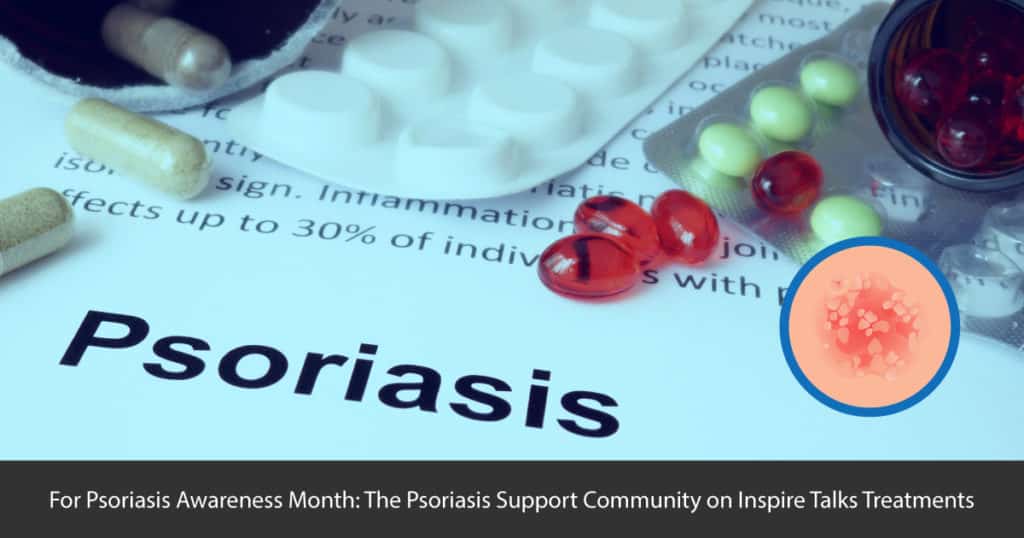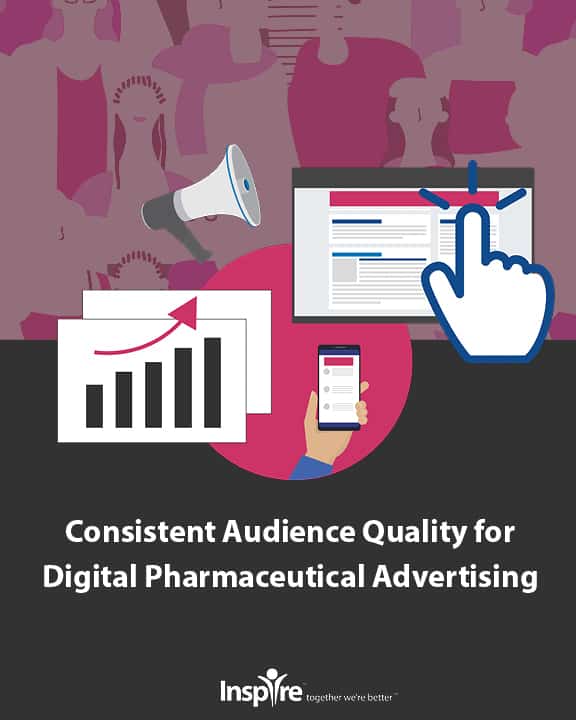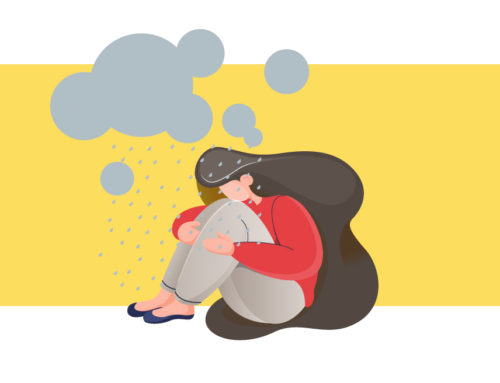For Psoriasis Awareness Month: The Psoriasis Support Community on Inspire Talks Treatments

By Kathleen Hoffman, PhD, MSPH
Try to list chronic illnesses that you think have a major effect on the person’s daily quality of life. You can probably think of several, but is psoriasis on the list? It ought to be. One Inspire member described his current symptoms in a post:
Standing still in one place for five seconds feels like super pressure [around my] ankle and legs and hundreds of ants and burning. Sitting on a desk with step stool is little better in terms of pressure but still feels like hundreds of ants eating my skin (which is largely pinkish red).
Psoriasis is a chronic skin disease that appears episodically, and while each person’s case varies in severity, this member is describing a flare. While there are many forms, the most common form of psoriasis causes the skin to form red, itchy scaly patches, most commonly on the knees, elbows, trunk and scalp.1 Up to one-third of patients with psoriasis develop psoriatic arthritis, a related inflammation of the joints.2
Quality of Life
Psoriasis has no cure, and it’s common. A 2013 study estimated that between 1-3 percent of the US population has psoriasis of some form. The same study concluded that psoriasis and psoriatic arthritis “present a substantial public health burden in terms of healthcare costs…; employment and ability to work; and quality of life,” and determined that the disease was serious enough to require a national Public Health Agenda.3
Given that the disease causes eruptions of skin rashes, it is visible and unpredictable in addition to being painful. Psoriasis often takes a social and emotional toll. One member said:
This Psoriasis is really getting to me mentally and I’m struggling emotionally. I really don’t think that people around you realise the enormous effect that this condition has on your mental state.
A 2012 study validated the toll psoriasis takes on quality of life. The authors interviewed over 429 adults with psoriasis using the SF-12, the short form Health Survey, to quantify both the mental and physical burden of psoriasis as compared with other major chronic diseases. They determined that psoriasis patients had MCSs [Mental Component Scores] that were similar to those of patients with heart disease, hearing impairment, diabetes, and cancer, among others, “…whereas they had PCSs [Physical Component Scores] that were similar to those of patients with back pain or sciatica, dermatitis, depression, anemia, and vision or hearing impairment.”4
So what helps? Another study concluded that social support helps people with psoriasis adapt to having the disease:
The patients reporting higher social support levels had significantly higher quality of life, lower depression levels, and higher acceptance of life with the disease,” with social support slightly more closely associated with better acceptance of life with the disease in men, and more closely associated with lower depression and better quality of life in women.5
Treatment Discussions
Medications are available for symptoms. Members often ask their physicians about medications after discussing with their fellow members.
Newly diagnosed with Psoriatic Arthritis. Talking with my rheumatologist next week about [name of medication]. Has anyone had success with this medication?
Nine replies provided useful insights and “lived experiences” which helped this newly diagnosed patient feel good about his upcoming medication discussion with his doctor.
Another member praised their medication for allowing them to show their skin.
I never got the chance to wear shorts in the summertime due to the [type of] psoriasis My mom never saw me in shorts showing off my legs before and can’t stop smiling and looking at my legs…It just makes me feel … like a regular person wearing short pants in the summertime.
Members of the Inspire Psoriasis community support each other through the pain of flares, changes in medication, and even with practical advice like finding co-pay support through a drug manufacturer. For example, when one member said she was struggling with the side effects of a medication but could not afford biologics, another member replied with advice, experience, and emotional support:
If your income is within limits many biologic manufacturers will help with the copay. Your doctor will probably have to complete some paperwork but it is worth a try. I have used several biologics and had very little problem with side effects certainly nothing as bad as progressive P [psoriasis]. Good luck you do have options these days.
The psychosocial burden of having psoriasis is high, but an online community can help even when a patient doesn’t feel well enough or attractive enough to leave the house. Patients and caregivers turn to Inspire.
When a member wrote, “I hate my skin, it disgusts me, embarrasses me, makes me angry, makes me hurt physically and mentally… holidays now fill me with dread as I don’t want to wear anything that will show my body,” compassionate help was available. These kinds of messages appear every day on Inspire’s Psoriasis Support Community:
You will have good days and bad days – and I know how hard it is to live with this affliction – I am 56 and have had it since I was 11, but there are many paths that you can try for getting it somewhat under control. Stay strong and do try [medication] – do a search on this forum and see how many positive posts there are about it.
The Psoriasis Support Community on Inspire has 250,000 members and over 250,000 monthly page views. In the past year, members have written over 10,230 posts, and conducted over 10,459 searches. Psoriasis member Activity Summary emails have an 11 percent open rate. Members are engaged and looking for treatment answers on Inspire.
Take a look at another quality audience on Inspire in this case study.
Inspire offers a trusted community to patients and caregivers. Our goal with this blog, this website and our content is to provide the life science industry access to the true, authentic patient voice. In so doing, we support faithful operationalization of patient-centricity. Take a look at our case studies, eBooks and news outlet coverage.
References:
1https://www.mayoclinic.org/diseases-conditions/psoriasis/symptoms-causes/syc-20355840
2https://www.cdc.gov/psoriasis/index.htm
3Helmick, C. et al. “Psoriasis and Psoriatic Arthritis: A Public Health Agenda.” Am J Prev Med. 2013 Apr; 44(4): 424–426.. doi: 10.1016/j.amepre.2013.01.004
4Grozdez, I. et al. “Physical and Mental Impact of Psoriasis Severity as Measured by the Compact Short Form-12 Health Survey (SF-12) Quality of Life Tool.” J Invest Dermatol. 2012 Apr; 132(4): 1111–1116.. doi: 10.1038/jid.2011.427
5Janowski, K. et al. “Social support and adaptation to the disease in men and women with psoriasis.” Arch Dermatol Res. 2012 Aug; 304(6): 421–432. Published online 2012 Mar 29. doi: 10.1007/s00403-012-1235-3






